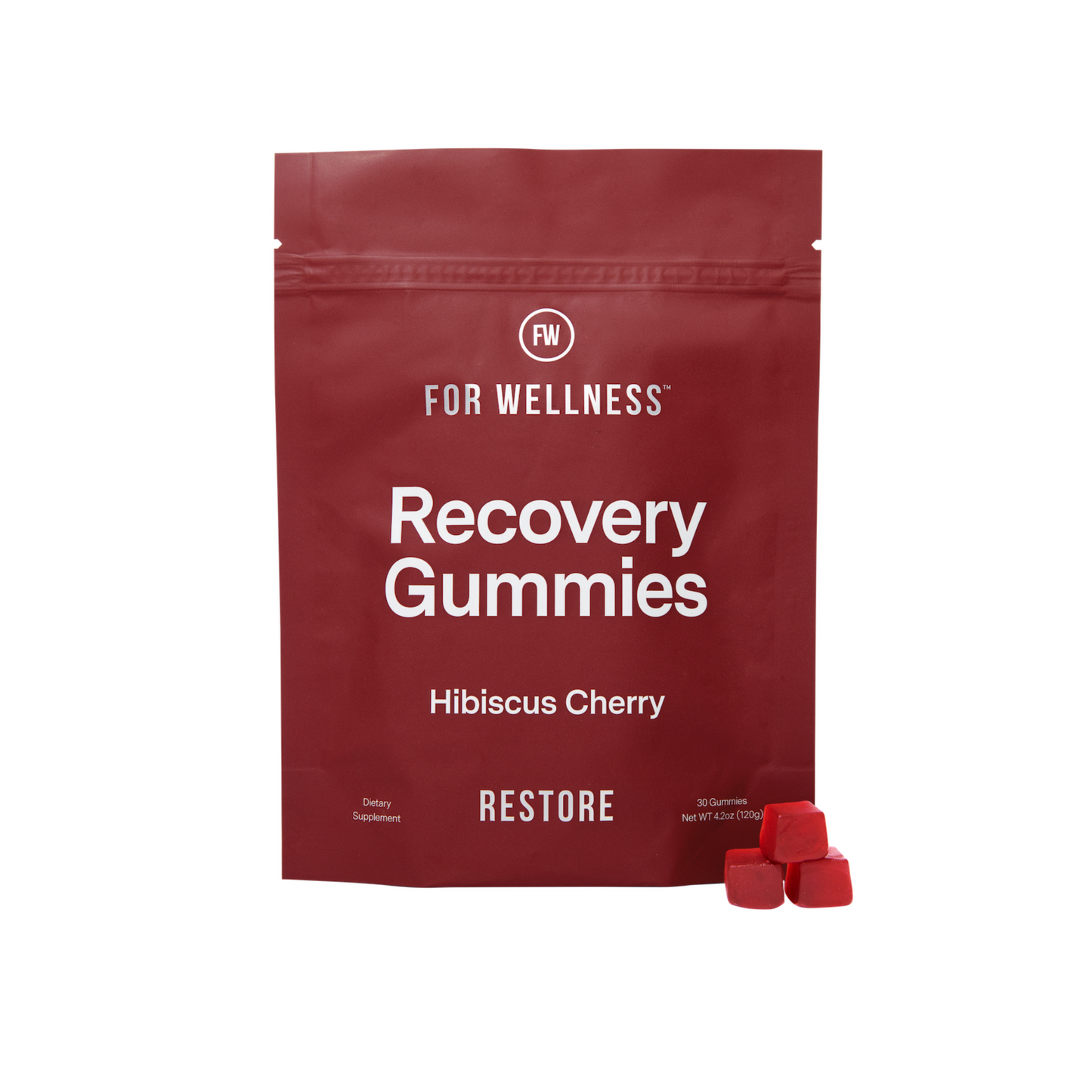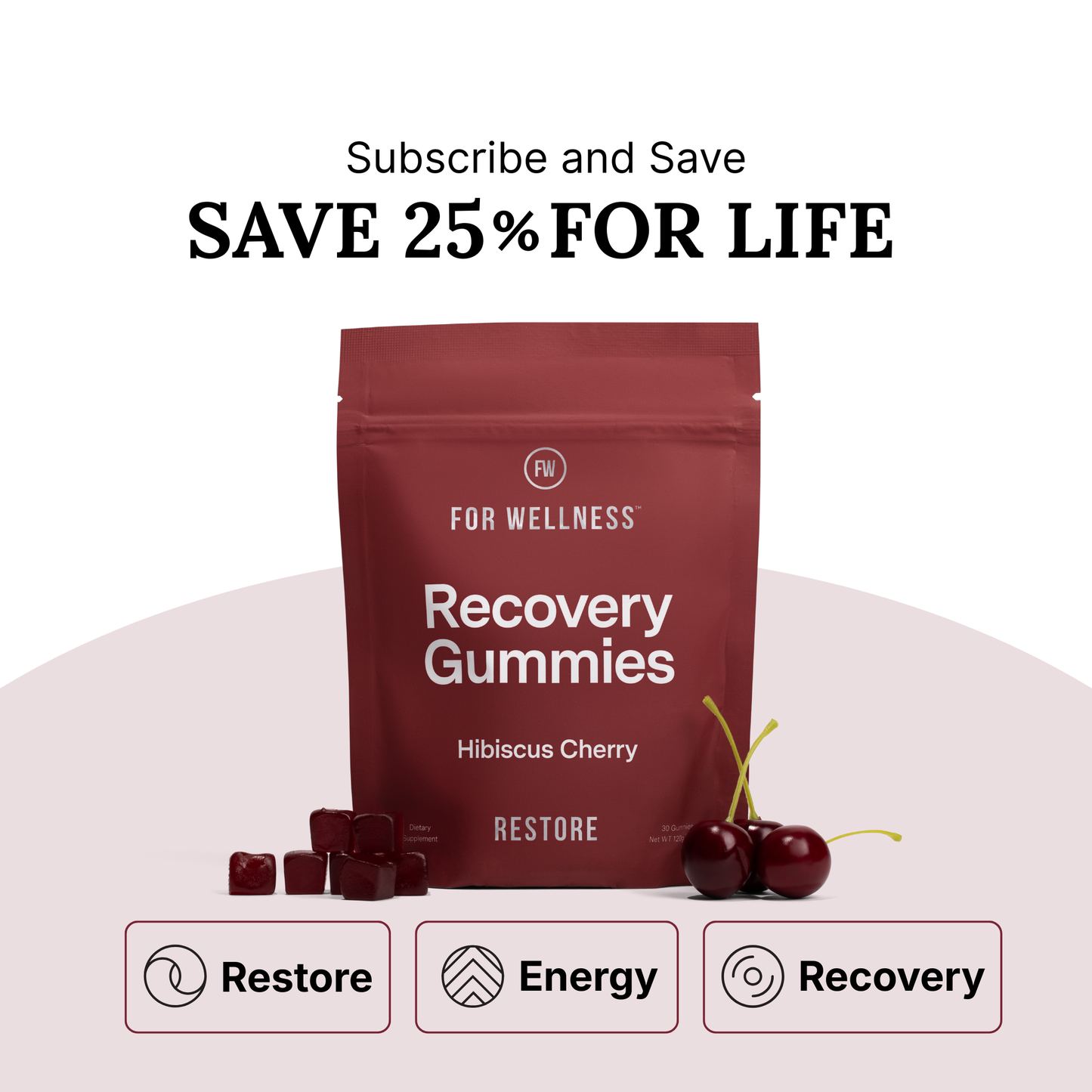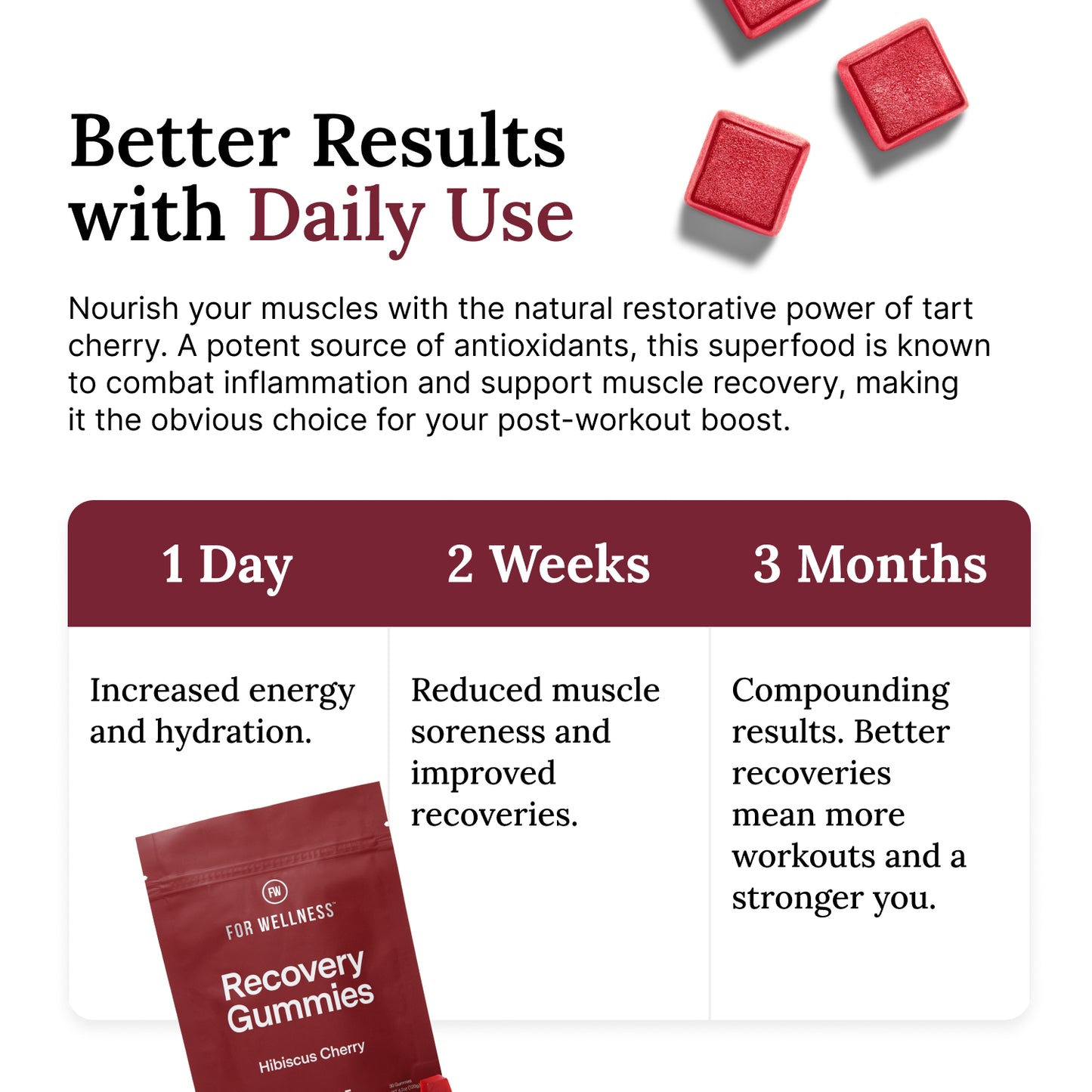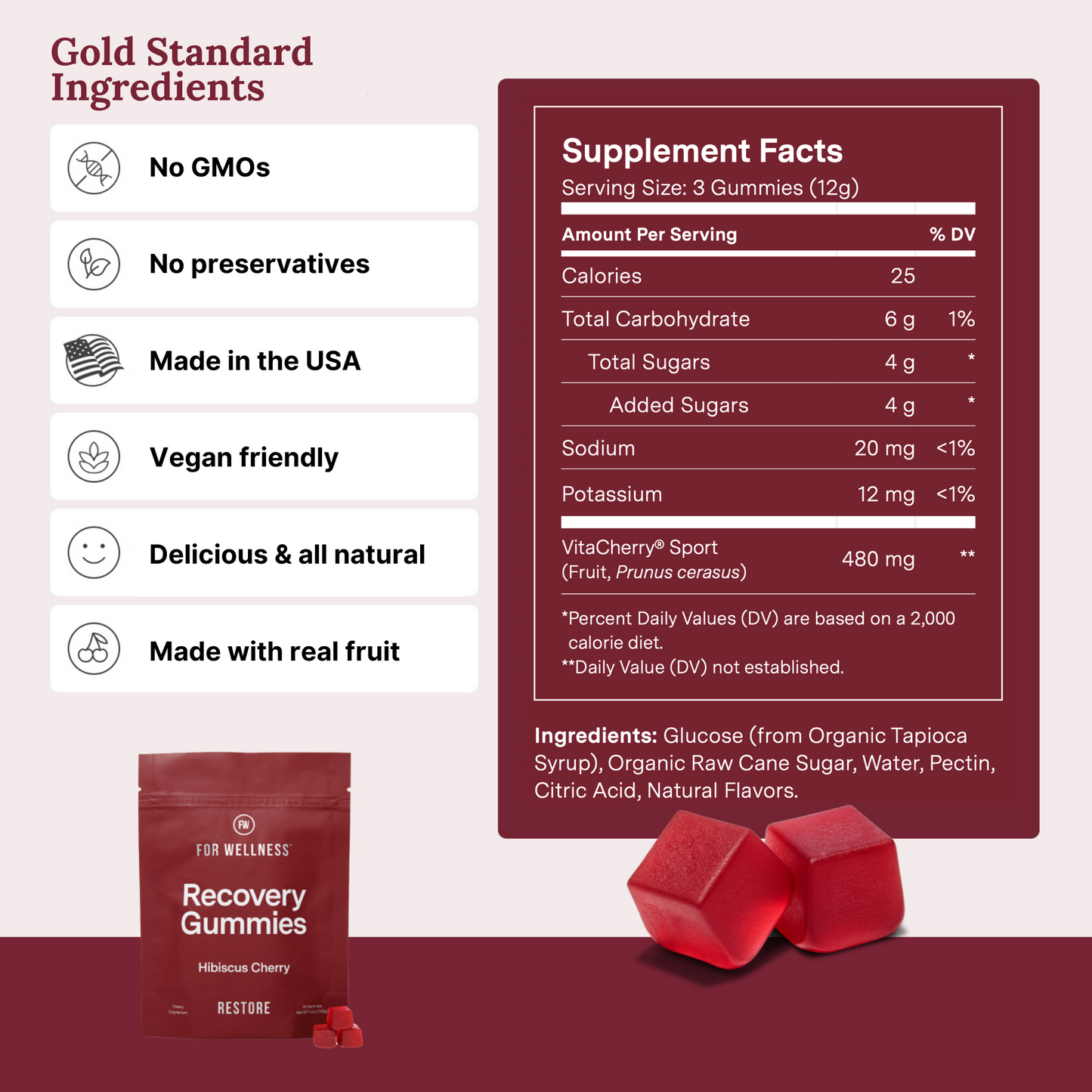Supporting brain health is a lifelong pursuit. The foods you eat daily can profoundly impact memory, focus, mental energy, and even your risk for neurodegenerative diseases.
Scientific research has increasingly shown that nutrients and bioactive compounds in certain foods can protect neurons, modulate brain signaling, and help maintain cognitive performance as we age. This guide offers a detailed, evidence-based look at the best foods for brain health, highlighting key nutrients like lutein, zeaxanthin, caffeine, cacao, cordyceps, and L-theanine.
Why Diet Matters for Brain Health
Your brain is a metabolically demanding organ, consuming about 20% of the body's energy at rest. Neurons are particularly sensitive to oxidative stress and inflammation—two major contributors to cognitive decline. Diets rich in antioxidants, healthy fats, plant pigments (carotenoids), and omega-3 fatty acids support synaptic function and neurogenesis, and can slow age-related mental decline.
Green Leafy Vegetables: Lutein & Zeaxanthin Powerhouses
Lutein: Nature's Neuroprotective Pigment
Lutein, a yellow carotenoid found plentifully in kale, spinach, collards, broccoli, and our Recovery Gummies Focus, is renowned for eye health but increasingly valued for its cognitive benefits.
Research reveals that the brain absorbs more lutein than other carotenoids, especially in areas critical for cognition, like the prefrontal cortex and hippocampus. Lutein acts as an antioxidant and anti-inflammatory agent, safeguarding neural tissues from oxidative stress and supporting the formation of brain-derived neurotrophic factor (BDNF), which boosts synaptic plasticity.
- Supporting memory, learning, and executive function
- Improved brain structure in older adults consuming 10 mg daily for 12 months
- Higher concentrations in children's brains, implicating essential roles in early neural development
Best Food Sources: Recovery Gummies Focus, kale, collard greens, spinach, broccoli, eggs, avocados


Recovery Gummies - Focus
-
Supports vision and reduces eye strain.
-
Protect against blue light from screens.
-
Boost cognitive function & memory
-
Support mood, stress level & sleep
-
Tastes incredible with tart tangerine flavors.
Zeaxanthin: Beyond Vision, into Cognition
Zeaxanthin, another xanthophyll abundantly present in maize, orange peppers, and leafy greens, bolsters both eye and brain health. This compound concentrates in vulnerable regions of the brain, stabilizing neuronal membranes and enhancing neural signaling. Scientific studies report that higher dietary zeaxanthin supports sharper memory, improved focus, faster reaction time, and better decision-making—even among young adults and athletes, as found in a 2020 randomized controlled trial.
Best Food Sources: Recovery Gummies Focus, egg yolks, orange peppers, leafy greens
Fatty Fish: Omega-3s for Cognitive Longevity
Fatty fish—salmon, sardines, mackerel, tuna—are among the richest sources of EPA and DHA, brain-essential omega-3 fatty acids. DHA is a structural component of neuronal membranes and essential for synaptic health, plasticity, and memory formation.
Other Omega-3 Sources: Walnuts, chia seeds, flaxseeds, avocados, plant oils (flax, canola)
Berries: Flavonoids for Memory and Plasticity
Blueberries, strawberries, blackberries, and other deeply colored berries are rich in flavonoid antioxidants, which combat oxidative stress in the brain. Regular consumption can delay memory decline by up to 2.5 years in older adults, according to Harvard research. These plant pigments also enhance neural signaling and neuronal plasticity, promoting resilience to aging and neuroinflammation.
Caffeine: Brain Booster in Coffee, Tea, and Beyond
Caffeine—found in coffee, tea, chocolate, and energy drinks—is the world’s most consumed psychoactive substance. It acts as an adenosine receptor antagonist, increasing alertness, vigilance, processing speed, and mental energy. Studies consistently support caffeine’s ability to improve attention, reaction time, and short-term memory—especially under conditions of fatigue or suboptimal alertness.
- Attention & Processing Speed: Enhanced performance in tasks requiring sustained mental effort
- Memory: May improve short-term and long-term recall under certain conditions
- Mood: Moderate consumption promotes positive mood and energy; excessive doses may trigger anxiety or jitteriness
Daily Intake: Most positive effects are observed with moderate, not excessive, caffeine intake—roughly 50–200 mg per serving (Harvard Health).
Sources: Coffee, black and green tea, cacao, dark chocolate
Cacao: The Antioxidant Treat for Your Mind
Cacao—the pure form of cocoa found in dark chocolate—is packed with flavanols, a group of antioxidants that increase cerebral blood flow, fortify synaptic function, and enhance both working memory and attention span. Multiple studies have shown that cocoa flavanols can improve performance on demanding cognitive tests and may even protect against age-related decline in regions like the hippocampus.
- Boosts short-term and long-term memory and cognition, particularly under fatigue
- Regular, long-term intake linked to better performance among older adults with mild cognitive deficits
- Supports neuroplasticity and cardiovascular health for brain protection
Best Choices: Dark chocolate (ideally 70% cacao or higher), natural cocoa powder
Mushrooms: Cordyceps for Brain Vitality
Cordyceps is a unique medicinal mushroom long used in traditional Chinese medicine. Its primary active constituent, cordycepin, exhibits remarkable neuroprotective, antioxidant, and anti-inflammatory properties. Modern research suggests that cordyceps may enhance cerebral blood flow and oxygenation, promote growth factors that support neurons, and improve memory, attention, and mental clarity, especially in situations of fatigue or oxidative stress.
Best Food Forms: Cordyceps supplements, Superfood Bites, powders, or extracts (consult your health professional first).
L-Theanine: The Focus-Enhancing Amino Acid
L-Theanine is an amino acid that primarily affects the brain and mood. The most widely studied and reported benefits include:
- Attention & Focus: Clinical studies show that L-theanine can reduce reaction times and enhance attention.
- Stress Mitigation: L-theanine tempers the overstimulating effects of caffeine, producing a smoother, more sustainable focus.
- Neuroprotective Effects: Animal models suggest L-theanine protects neurons from oxidative and stress-induced damage.
Optimal Use: Add a scoop of The Good Stuff to your morning coffee to get the full benefits of the caffeine-l-theanine combination.
Nuts & Seeds: Tiny Packages of Brain Nutrition
Walnuts, almonds, and pumpkin and sunflower seeds contain healthy fats, omega-3s, vitamin E, and plant polyphenols. A UCLA study found that higher walnut consumption correlated with better cognitive scores, and vitamin E-rich nuts and seeds protect cell membranes from oxidative damage.
Whole Grains & Legumes: Stable Energy for Thought
Rounded meals including whole grains (like oats, quinoa, brown rice) and legumes (beans, lentils, chickpeas) deliver glucose in a slow, controlled manner vital for steady mental performance. Their fiber and B vitamins further support neurotransmitter synthesis and brain energy metabolism.
Olive Oil: Mediterranean Gold for Neurons
Olive oil, especially extra-virgin, is high in monounsaturated fats and antioxidants that support cardiovascular and brain health.
A Brain-Healthy Diet: What to Eat Daily
For best results, combine these foods into a consistent, diverse dietary pattern. The Mediterranean and MIND diets—rich in vegetables, dark leafy greens, berries, fish, whole grains, nuts, and olive oil—are especially well-studied for supporting brain health.
Daily Brain Food Blueprint
| Food Group | Examples | Key Nutrients/Compounds |
|---|---|---|
| Leafy Greens | Kale, spinach, collards, broccoli | Lutein, zeaxanthin, vitamin K, folate |
| Fatty Fish | Salmon, sardines, trout, mackerel | DHA, EPA (omega-3s) |
| Berries | Blueberries, raspberries, blackberries | Flavonoids, vitamin C |
| Nuts & Seeds | Walnuts, almonds, chia, pumpkin seeds | Omega-3s, vitamin E, polyphenols |
| Cacao Products | Dark chocolate, cocoa powder | Flavanols, magnesium, caffeine |
| Whole Grains & Legumes | Oats, quinoa, lentils, beans | B vitamins, fiber, antioxidants |
| Tea (Green/Black) | Brewed tea, matcha powder | Caffeine, L-theanine, catechins |
| Mushrooms | Cordyceps, lion’s mane | Polysaccharides, cordycepin, antioxidants |
| Colorful Veggies & Fruits | Pepper, corn, oranges, tomatoes, avocados | Carotenoids (lutein, zeaxanthin, beta carotene), vitamin C, potassium |
| Olive Oil | Extra-virgin olive oil | Monounsaturated fats, polyphenols |
Practical Tips for a Brain-Smart Plate
- Load up on greens: Aim for at least one serving of leafy greens daily.
- Eat the rainbow: Consume a wide variety of colorful vegetables and fruits.
- Choose fatty fish twice weekly: For optimal omega-3 benefits.
- Snack smart: Swap chips for a handful of nuts paired with berries or dark chocolate.
- Sip tea and coffee mindfully: Moderate intake (2–4 cups daily) supplies caffeine, L-theanine, and polyphenols.
- Include mushrooms: Cordyceps and culinary varieties diversify your nutrients.
- Cook with olive oil: Use olive oil for dressings and low-temp cooking.
The Takeaway
A truly brain-healthy diet goes beyond single superfoods: it's about a dietary pattern loaded with antioxidant-rich, anti-inflammatory plants and healthy fats. Integrating leafy greens (lutein and zeaxanthin), fatty fish, berries, nuts, seeds, cacao, cordyceps mushrooms, and teas (for caffeine and L-theanine) can help shield your brain from aging, sharpen your attention and memory, and keep your mind agile for years to come.
Consistency is key—make these foods a regular part of your daily plate, and your brain will thank you.










